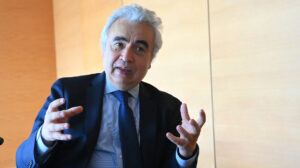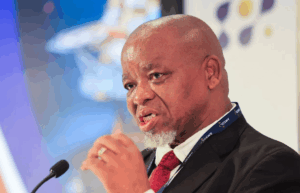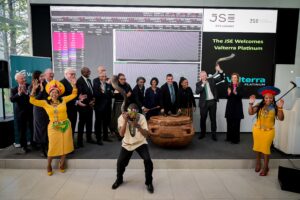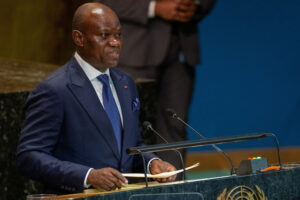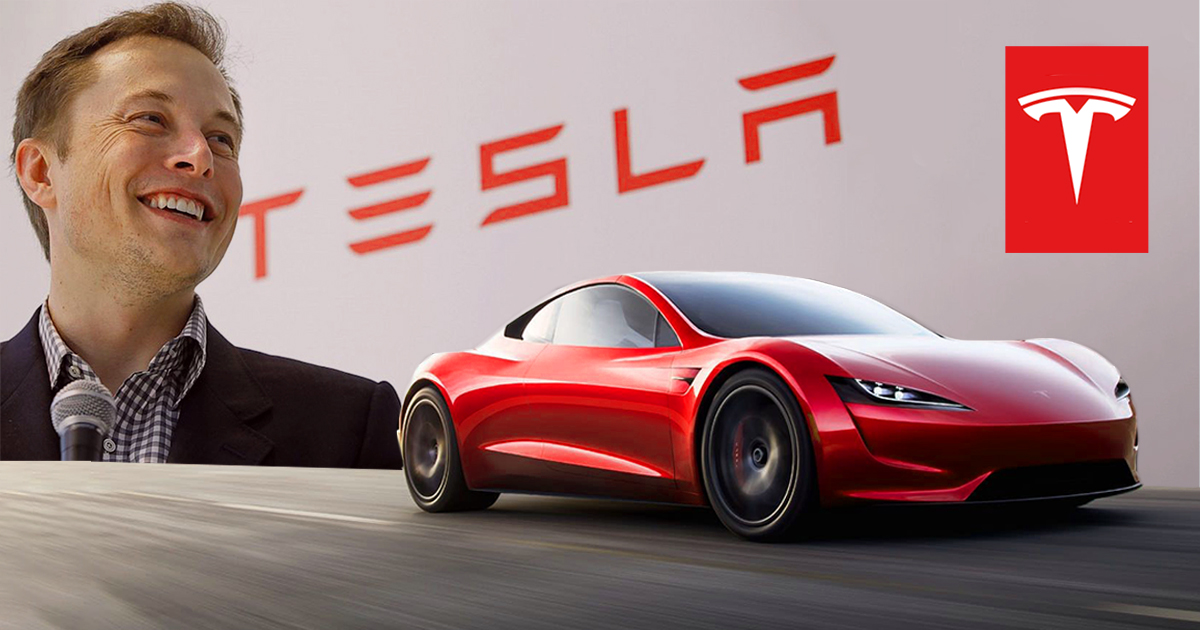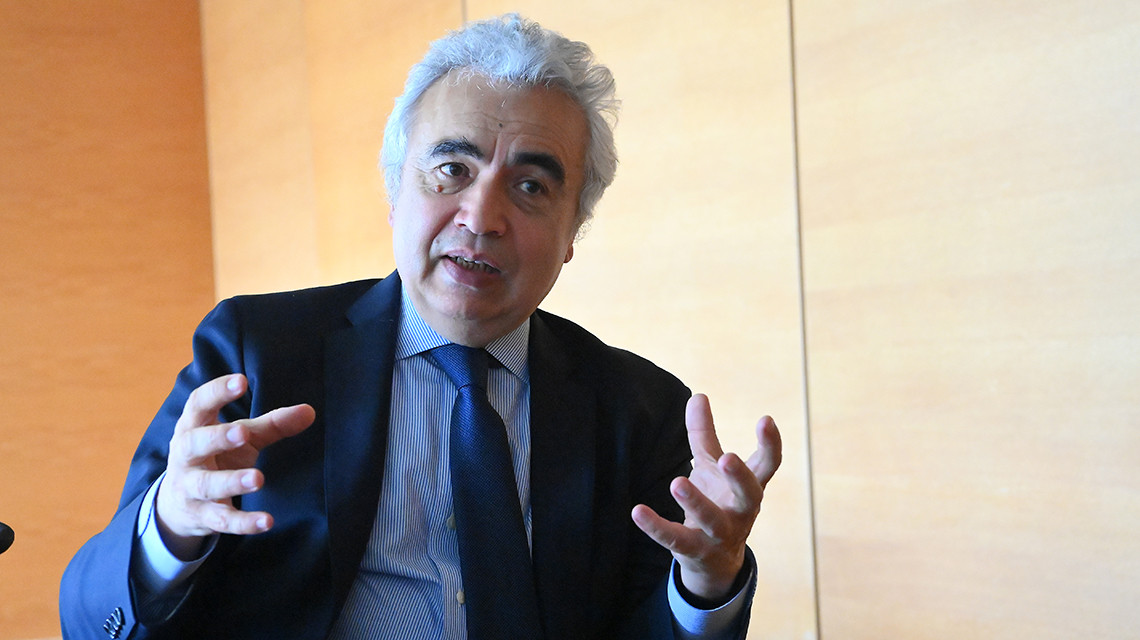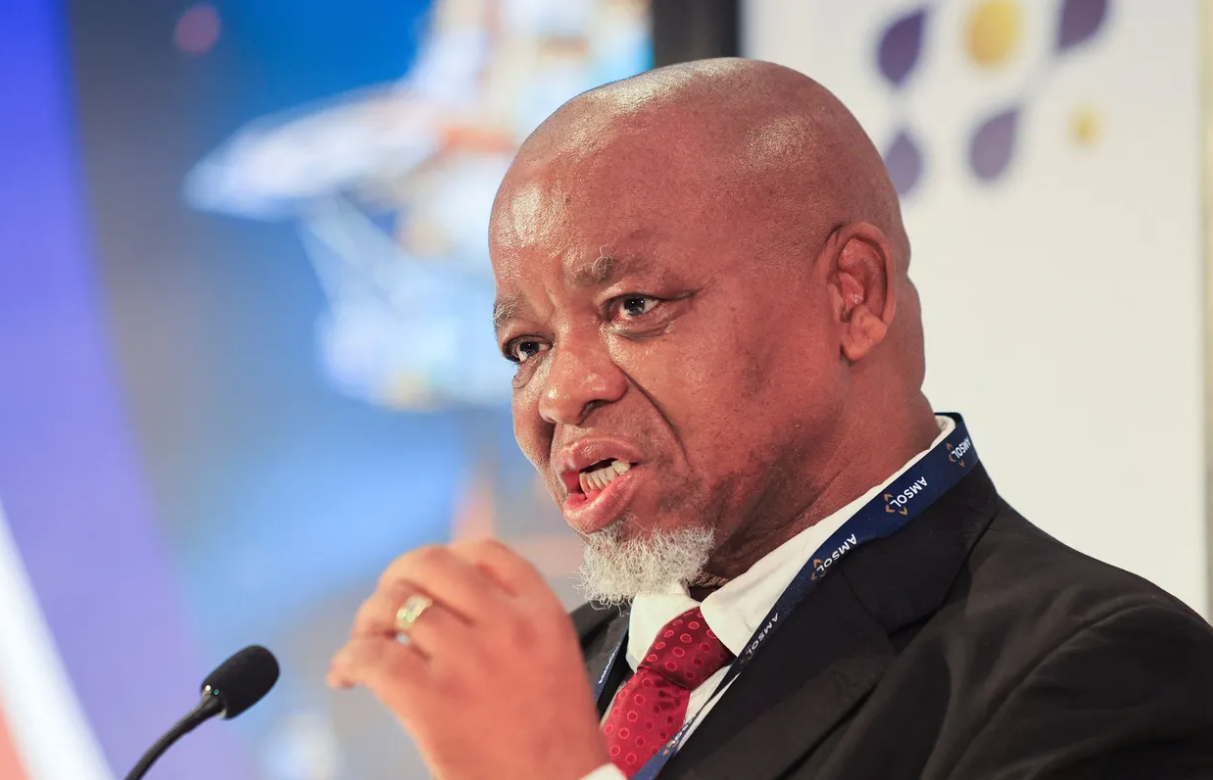The world’s largest EV manufacture Tesla has accused the South African Government of protectionist practises with their high tariffs on imported electric vehicles. Tesla CEO Elon Musk this week stated that Tesla has not launched in South Africa because the government keeps import duties high to protect the local manufacturing industry.
Responding to questions on X (formerly Twitter), Musk decried the high import taxes, indicating that it would not make business sense to trade in South Africa, which does not make electric vehicles.
While the Government’s Just Energy Transition has identified decarbonisation of the transport sector as essential in mitigating carbon emissions in South Africa, the Department of Trade and Industry has stated in the 2023 White Paper on EVs, that the EV transition poses a potential existential crisis to the automotive production industry, with South Africa’s vast automotive value chain still deeply entrenched in producing internal combustion vehicles and components for the domestic market and export.
According to the National Association of Automobile Manufacturers of South Africa (NAAMSA), the sector employs half a million people across the value chain and contributes 4.3% of SA’s GDP and 17.3% of manufacturing output. About 21 firms that produce passenger and commercial automobiles employ 30,250 workers. The component sector employs around 80,000 people. The majority of employees are members of the National Automobile and Allied Workers’ Union (NAAWU), which has since become connected with the National Union of Metalworkers of South Africa (NUMSA). NUMSA is South Africa’s largest trade union with almost 350 000 members and has had a firm grip on the automotive industry for years.
While the ruling party has historically maintained a close relationship with trade unions, the government has found it challenging to implement reforms that affect the working class, which has been the largest voting demographic since the dawn of democracy. The automotive value chain for internal combustion engine (ICE) vehicles is a significant manufacturing sector in the country, with participation from small and medium enterprises in local communities, engaging in activities such as repairs, parts refurbishment, and contributing to local economies through services like car washes.
However, the era of ICE vehicles is approaching its end globally. Markets for carbon-emitting vehicles are gradually contracting, as evidenced by the UK’s decision to reverse its plan to advance the ban on new ICE vehicles by 5 years, aligning with the European Union’s 2035 deadline. By the end of 2024, the UK has mandated that 22% of all new vehicle sales must be electric by the next year, increasing to 25% in 2025, 80% by 2030, and reaching 100% by 2035. Despite this global shift, while EV assembly and manufacturing take place in South Africa, the completed products are predominantly intended for the export market rather than for domestic consumption. Europe has continued to dominate and accounted for 72.7% of light vehicles exported from South Africa in 2022, thanks largely to both Germany and France reflecting major year-on-year increases
The mega-development hub in Rosslyn currently houses plants for BMW, Nissan, Iveco and Tata.
The cost of EVs in South Africa remains relatively high, with the cheapest option priced at around R700,000 (GWM Ora Cat, priced from R686,950).
Editorial by Fulufhelo Lloyd Nedohe: The prevailing investment patterns in ICE, along with the government’s limited proactive reforms related to incentives and trade tariffs, indicate a policy crisis in the government’s strategy for developing the EV value chain.



